Having been a star of the screen, it’s now time for Mirrah Foulkes to step behind the lens, directing her first feature length film in Judy and Punch – starring Mia Wasikowska and Damon Herriman. We had the pleasure of speaking to the talented filmmaker, as she talks about the problematic aspects to the traditional Punch and Judy, and how important it is to turn this on its head and reexamine old stories of this nature.She also talks about PC culture, working with the excellent Wasikowska and how much her approach to acting has changed since she’s become a director.
Punch and Judy wasn’t a thing in Australia, so how did you come to be aware of this story?
I was always aware of it and I’m not even sure why I did. In terms of the idea of bringing it to the screen that came to me via Vice in America. I had formed a relationship with them through my short films and they put them online and they were looking for emerging filmmakers with unique, strong, bold voices and they had an in-house idea to make a live action Punch and Judy movie and they approached me to see if I wanted to write it. So I did. I always thought I was writing it for somebody else to direct, because they kept telling me to go big and go bold and to write whatever I want, and then I realised they wanted me to direct it, and I had written myself an unmakeable film. A stupidly ambitious first film. So then I had go about figuring out how to make it, which was interesting.
So had they told you from the offset they wanted you to direct, you’d have written it differently?
Yeah, I would’ve made it much less ambitious. There’s a great irony in that, I would’ve been terrified to write something this big and sprawling and weird as my first film, but then having the opportunity to make it was pretty great and I felt very lucky.
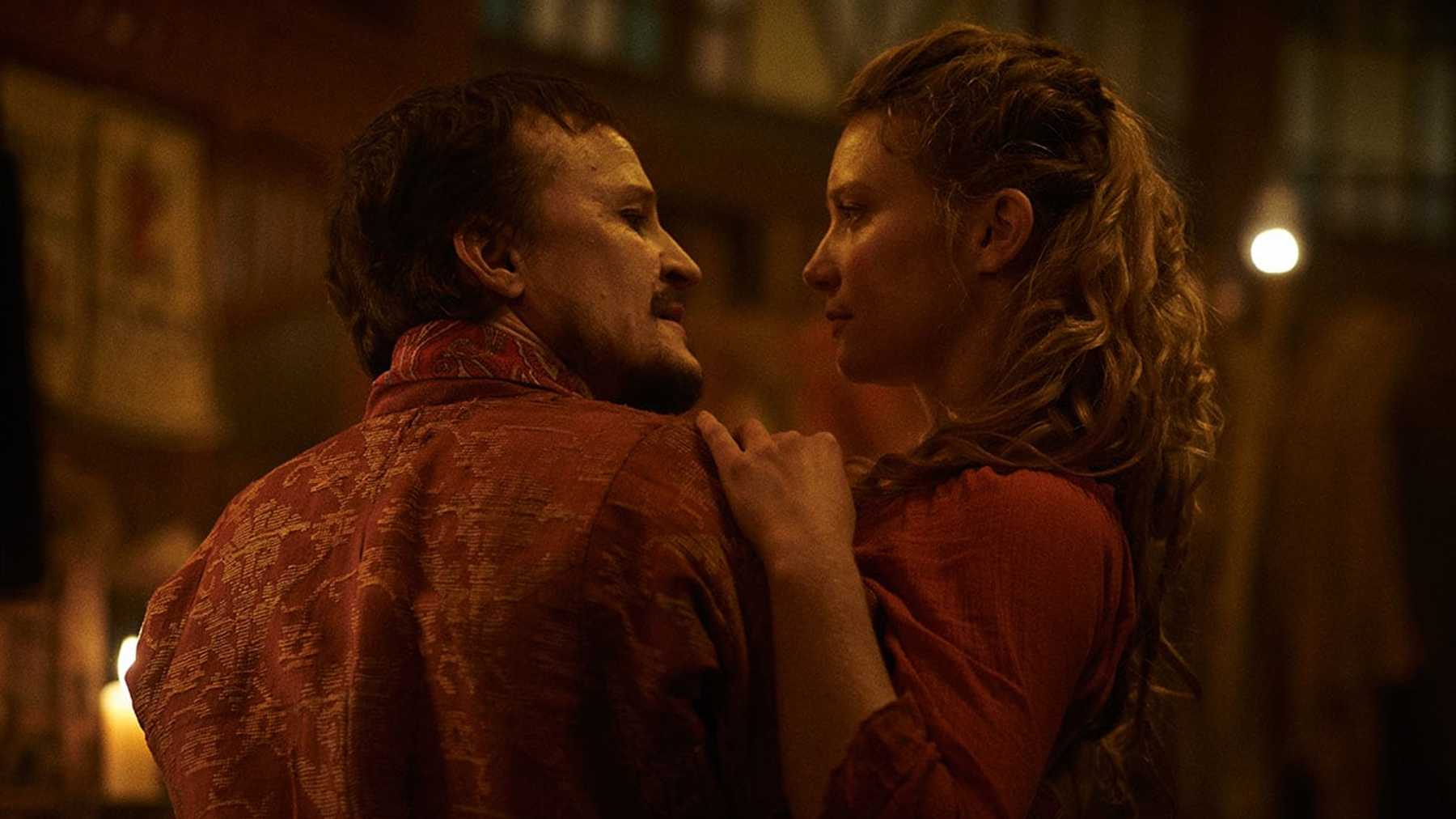
Punch is an abusive and violent person and one of his victims is Judy and this film turns that on its head and gives the woman the power – was that part of the appeal? To take a traditional, old-fashioned and problematic tale and turning it into a tale whereby the violent oppressor gets his comeuppance?
Totally, and the same for Vice as well. When they brought it to me that was the idea first and foremost. I don’t think you can really tell that story in 2019 without looking at it from a different perspective and that’s one of the lovely things that seems to be happening in arts and culture at the moment is that we’re looking at very old, tried and tested stories, or tales or traditions, and we’re approaching them from a different perspective and examining them and their popularity and why they’ve endured, so that was always going to be part of this film.
It is mad now to think so many parents dropped their kids off and let us sit there clapping and laughing along. On that note, is there anything else in modern society you think we’ll look back on in a few years and just think… what the hell were we thinking? The one I always think of is horse racing.
Totally! We pretend to be proper fancy and they put the blinds up every time a horse breaks its leg so nobody has to watch it getting shot. That’s a great example actually. The interesting thing is that we’re moving so rapidly as a society, everything is changing, and it feels especially quickly at this moment in time, in really positive ways. I think it’s interesting that we look back at films or TV shows or a piece of music or whatever it is, from really not that long ago, and suddenly be amazed at how uncool it is. Mia was telling me she showed a film to her nephews that she loved as a kid, and realised that suddenly it’s not cool at all, and I feel that way about so many films. I don’t think that means we have to disregard them, or shame them, everything lands in the world at the time that it does, and is informed by what’s happening around it, so there may even be things in my movie I look back in ten years and think, I can’t believe we had a dog on set doing tricks, or whatever that might be. The dog had fun! Maybe that’s a bad example.

If you give them a treat afterwards they’re generally quite happy.
I think it’s interesting as well because we’re walking a delicate tightrope as well, because humour is so important and we need to be able to laugh at stuff and to laugh at heavy shit, and that’s why great comedians do it, I know Ricky Gervais talks about this a lot, but if we lose that ability and we become too righteous or too PC then it’s a great loss to humanity. But having said that, I certainly can’t understand why horse racing is still around, so everyone has their own parameters. I think it’s important we don’t swing so far in the other direction that we don’t appreciate satire and comedy and things like that.
This is your first feature film as a director, how was that experience? Especially as a period film, seeing so many people dressed up, sets built, for a world you’re in charge of, bringing your words to life?
It’s amazing and it was terrifying. I had to not think about that too much day to day because I would’ve been so overwhelmed that I couldn’t function. Of course you’re so busy and there’s so many challenges being thrown at you every day that can’t stop to appreciate it. But I try hard to sit in those moments and feel excited because it’s easy as well to just barrel through and it’s so tough and sometimes it feels really traumatic and it’s important to take those small moments to look around and think, this is incredible – the magic of cinema. The biggest one happened for me on my very first day, when I arrived at one of our main sets that I hadn’t seen dressed yet, and I got there at 4am and it was still dark and I walked down and sat myself in the corner of the kitchen set and the art department were still furiously working to dress this set, and I hadn’t seen it dressed and they didn’t notice me and I crept in and sat down next to the fire on a weird little chair and I watched them work, and I welled up. They are all working so hard to create this weird vision that had come out of my stupid head and I couldn’t believe it was happening, it was a really wonderful moment, and I think I need to allow myself more of them, because sometimes you can get overwhelmed by hard it is, and you forget what an enormous pleasure it is.

I think it should be mandatory for every critic to spend a day on a movie set, because it really changes your perspective on how you judge movies, when you see that many people working hard on something.
And it’s a lot easier to write a bad review than it is a good one. But it’s true, nobody ever sets out to make a shitty movie, and it is so easy for really great people to make something that doesn’t quite work. I’m amazed that anything is ever good, because when you think about all the moving pieces and components that go into it, there is so much heart, there has to be, it’s too difficult not to be fully and entirely invested. So yeah it’s a magical industry. For every film that you feel ambivalent about, there’s hundreds of people who have poured so much into it. That’s not to say you should just say everything is good, but I agree that there should be a delicacy around it, because at the end of the day we’re trying to balance a commercial and artistic endeavour, and I think when somebody is trying something out, and aiming high, they’re having a go and trying to do something bold and unique, it should be encouraged. So I agree with you, I love that you’ve said that.
Let’s talk about Mia. She’s so good isn’t she?
She’s so good. She’s so wonderfully brave and very, fantastically lowkey, she’s very low-maintenance. I’ve wanted to work with her a long time. She’s one of those incredible actors that you put a camera on her, and you have to be a little bit careful because it’s so easy to just watch her in stillness because she’s so captivating and so beautiful on screen that you have to remember to give her stuff to do! It’s like you’re hypnotised by her face. But yeah it was fun and for her it was fun to do something that is a little bit out of her usual stuff and a bit more playful and theatrical and bold.
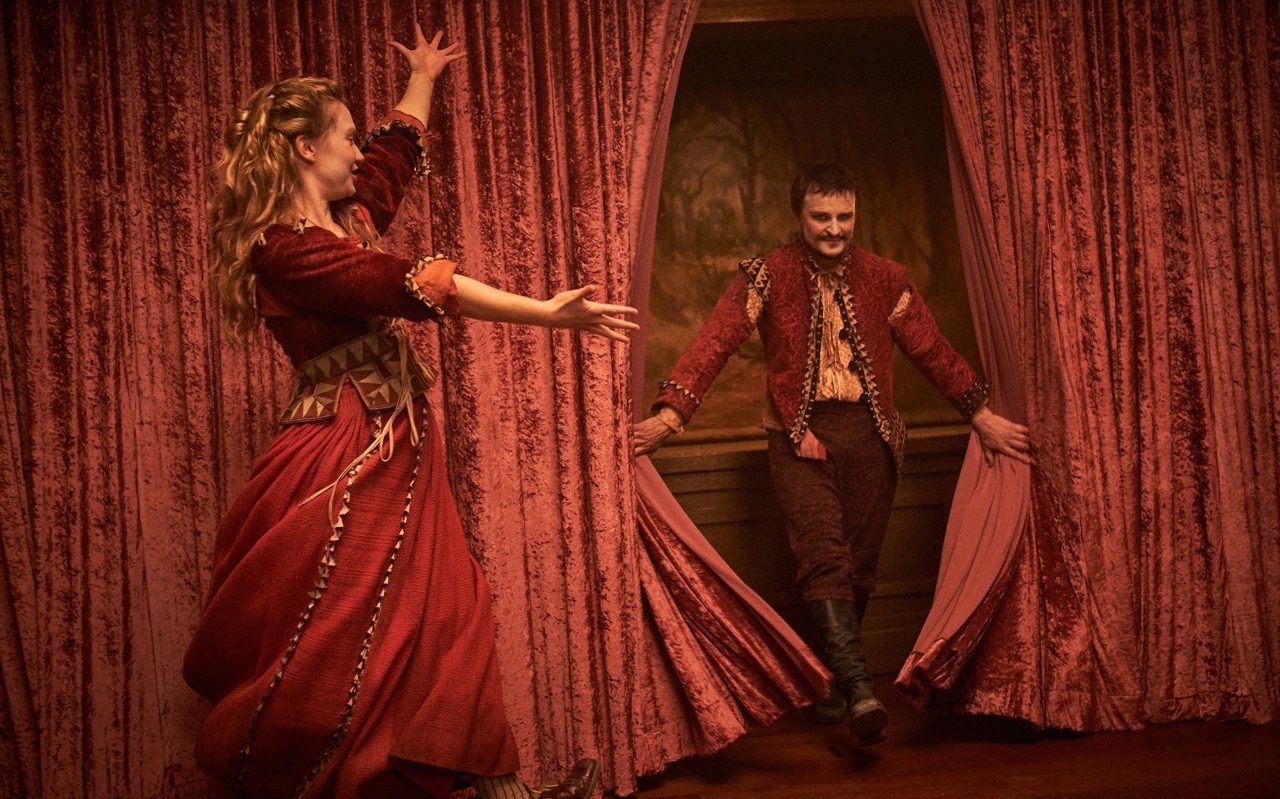
Have you acted since directing? And has it changed now?
I have. That’s such an interesting question, because it has changed quite a lot. I don’t know if it’s evident in my work, I can’t be the judge of that but I hope it is. I think I’ve really realised that no matter what, no matter how you feel, you can do all the preparation in the world, do everything you’re supposed to do, do your homework really well, but once you get there your biggest job is to be open, to trust and to offer. So for the actors that I find the best to work with, they’re actors who are constantly offering and being brave enough to try something that doesn’t work and trust that the people that are holding them in that moment will tell you, or not use it, or get you to try something else. Especially if you do stuff you don’t really love, if you find yourself in a world where you’re doing a lot of fast TV or something, you get to a point where you start protecting yourself a bit as an actor but I think it’s really important, in film especially, to give over to your director and sometimes that doesn’t always work out, but it’s sort of your main job, to give over and offer things and be brave. So I’m trying to be braver as an actor.
So finally, what’s next?
I’ve got another film that I’ve written that I really want to make so I’m going to try and figure out how to get that made, in this difficult, current cinematic climate, and then I’m working on a couple of other things as well, projects I’ve developed, or I’m developing with people, but I really just want to make sure I make the right choice and not be seduced by things that are almost right but not, because it’s so hard.
Could you be a director for hire?
I think generally I’d work on my own scripts, but also I don’t mind the idea of working with another writer, but I would feel like I have to have some strong hand in it, I couldn’t just waltz in, direct it and leave again. I wish I could.

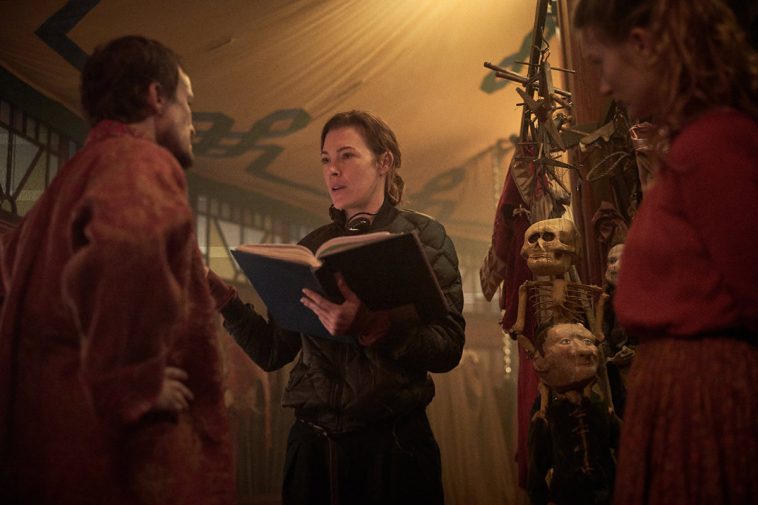
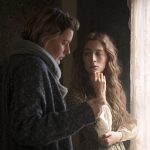



















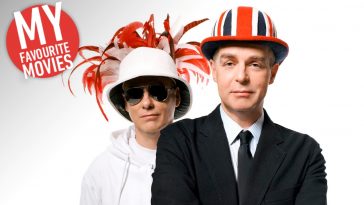


Leave a Comment